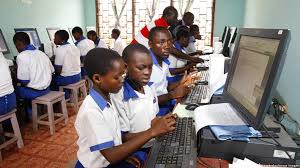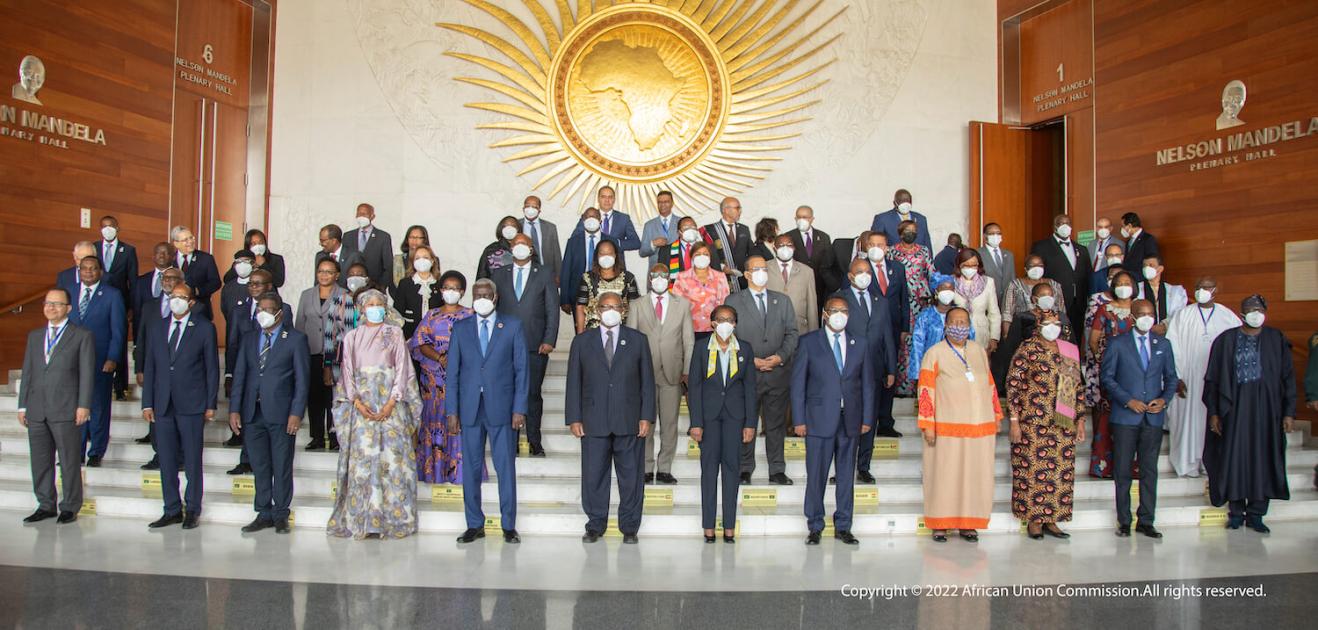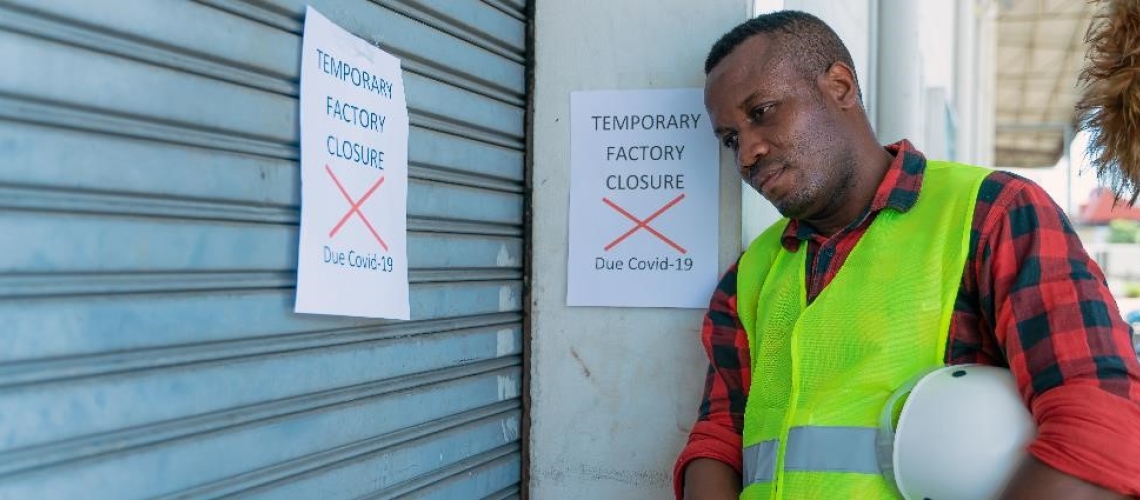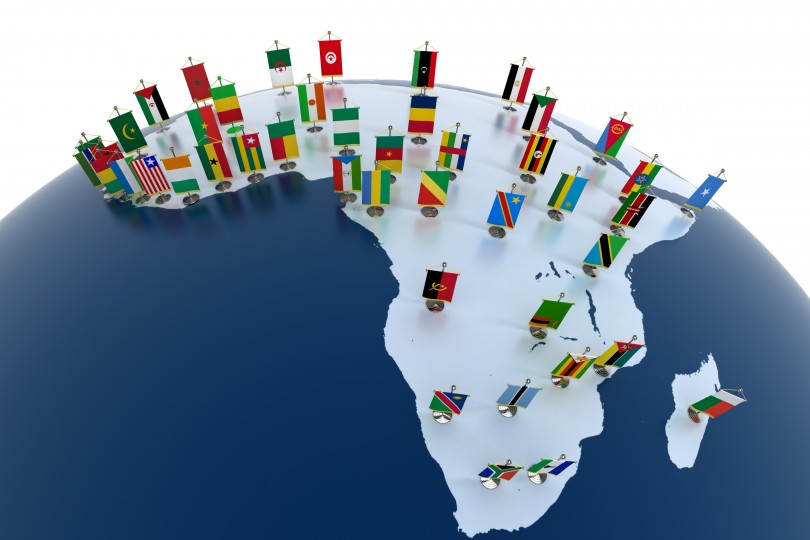WEFORUM
Students now risk losing $17 trillion in lifetime earnings in present value, or about 14% of today’s global GDP, because of COVID-19-related school closures and economic shocks
African Union
Addressing the devastating effects of the COVID-19 pandemic, and other key issues dominated the discussions of the Executive Council session of the African Union.
World bank
As the crisis has worn on, some less anticipated drivers of job losses have been revealed
Save the Children
From battling rising violence to worsening mental health, children have been severely impacted by two years of the COVID-19 pandemic.
The Conversation
Uganda enforced the longest period of school closures worldwide. It is estimated that 15 million pupils have not attended school for almost two years, making a learning deficit of 2.8 years.
University of Oxford
Worsen due to the impact of the COVID-19 pandemic, Sub-Saharan Africa is expecting to experience a youth bulge, in the face of growing economic uncertainties.
HR Watch
Targeted social protection programs intended to cushion people from the economic impacts of the Covid-19 pandemic have only had limited success in protecting human rights
Clinical Trial Arena
According to the WHO Global TB report, newly reported TB cases dropped from 7.1 million in 2019 to 5.8 million in 2020, an 18% decline.
AllAfrica
As we are all well-aware, COVID-19 has changed our way of live and experts have labelled the pandemic as the most crucial global health calamity of the century and the greatest challenge that the humankind faced since the 2nd World War.
Bloomberg
Racial differences impact access to health care around the world. In South Africa, which has been ranked as the world’s most unequal nation, those inequities are especially evident.









